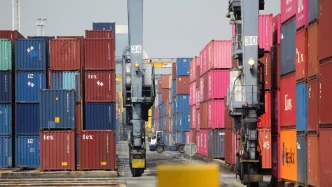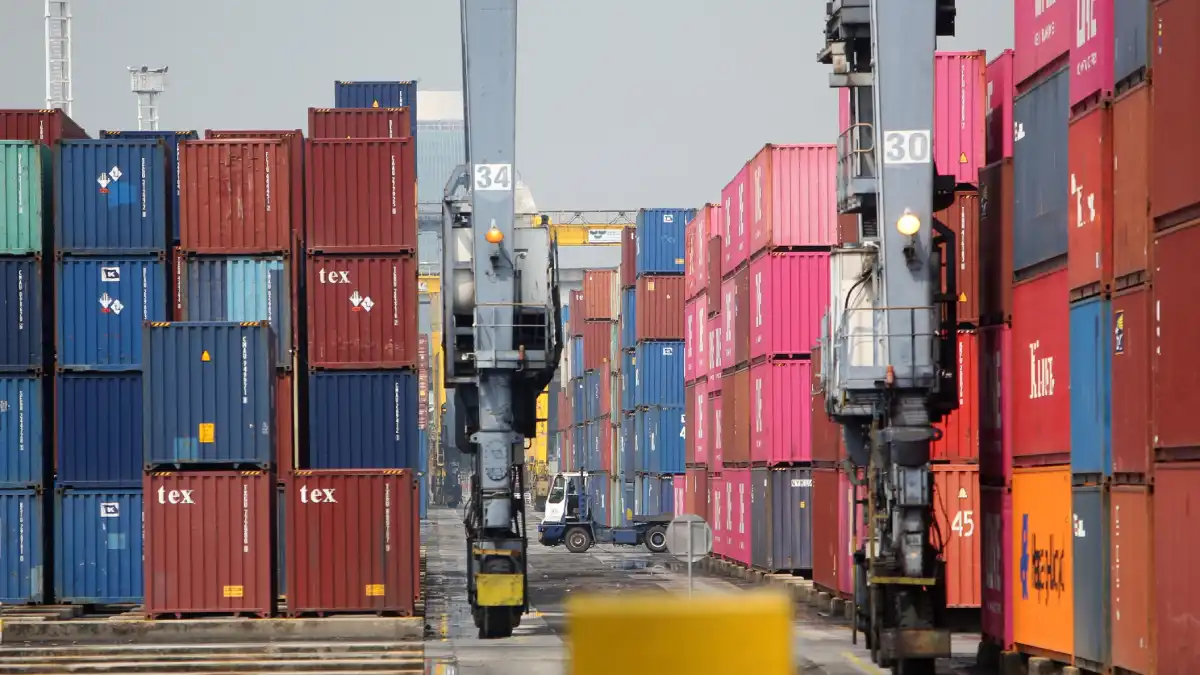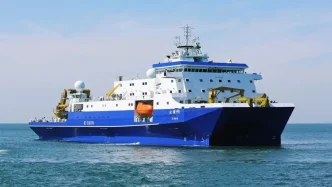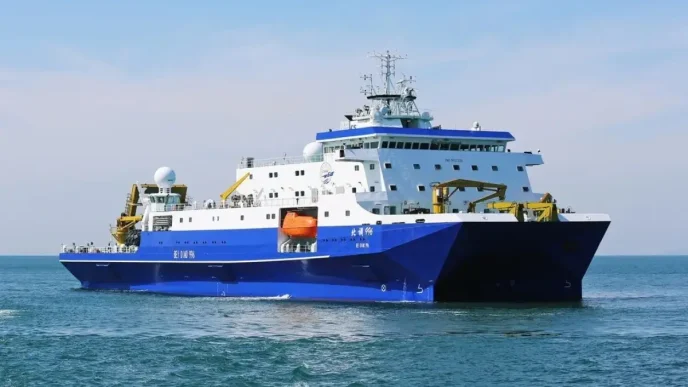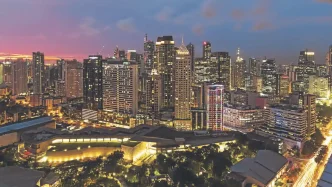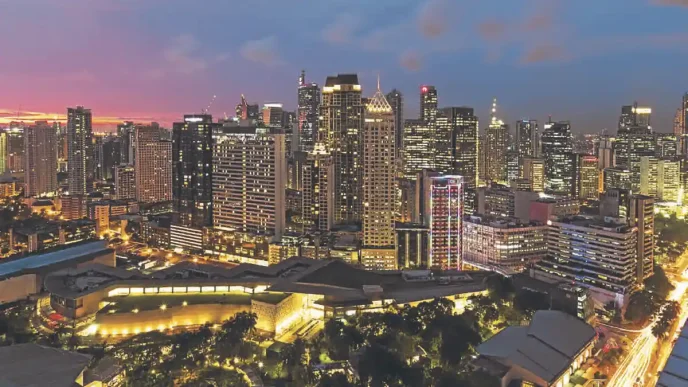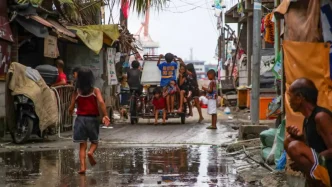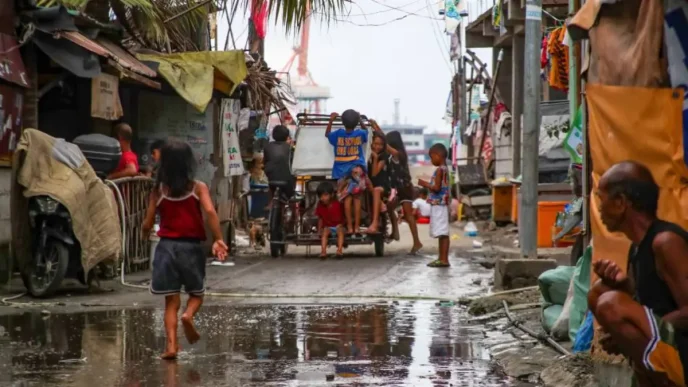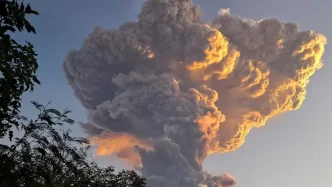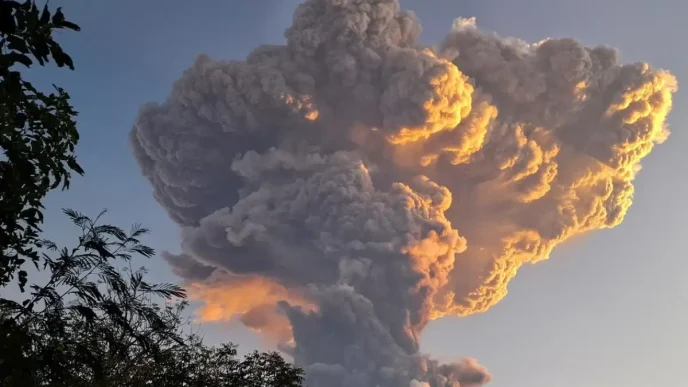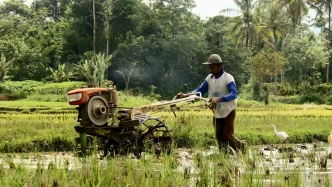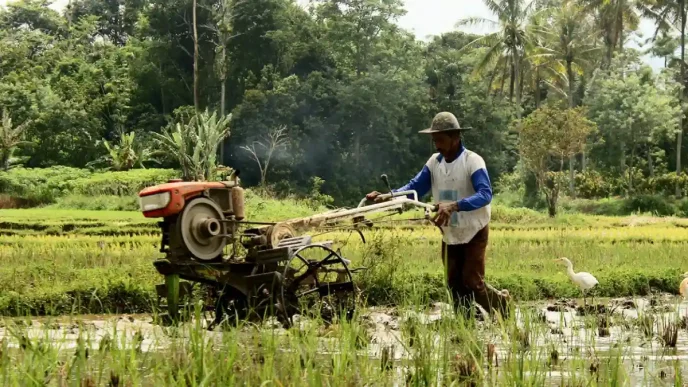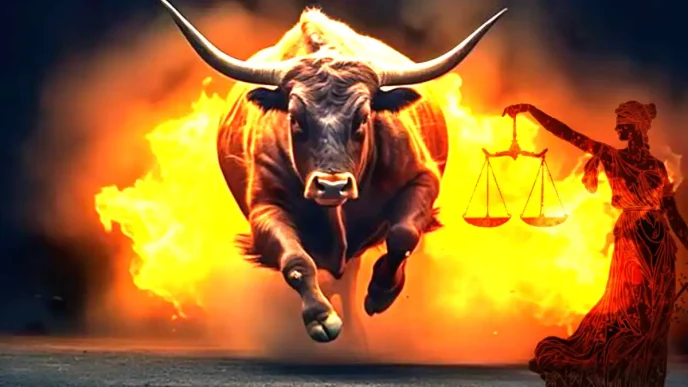As global geopolitical tensions simmer and economic uncertainties loom large, Indonesia’s President Prabowo Subianto is doubling down on a dual strategy of bolstering national defense and fortifying economic resilience. In recent high-level meetings with military leaders and economic advisors, Prabowo has underscored the urgency of preparedness in a world facing unprecedented challenges, positioning defense and economic stability as intertwined pillars of Indonesia’s future.
Defense as the Bedrock of Sovereignty
In a significant gathering at his private residence in Hambalang, West Java, on Friday, President Prabowo met with top military brass and cabinet ministers to address the evolving geopolitical and geoeconomic landscape. A statement from Cabinet Secretary Teddy Indra Wijaya highlighted the president’s firm stance on the centrality of defense to national survival. Prabowo described the defense sector as a “key pillar” and emphasized that such issues are “vital to the survival of the nation and the state.”
With the 80th anniversary of Indonesia’s Independence Day on the horizon, Prabowo’s remarks carried a reflective tone on the essence of sovereignty. He argued that true independence hinges on a nation’s ability to safeguard its resources and people. “If a country wants to achieve true independence and become prosperous, it must have the ability to protect itself, including all of its natural resources” he stated on Friday, as reported by the Cabinet Secretary’s office.
This focus on defense comes at a time when Indonesia navigates a complex regional environment in the Indo-Pacific, where maritime disputes in the South China Sea and shifting alliances demand strategic vigilance. Analysts suggest that Prabowo, a former military general with a longstanding emphasis on security, is signaling a robust defense posture to deter potential threats while asserting Indonesia’s role as a regional power. His administration’s commitment to modernizing the military and strengthening border security reflects a pragmatic approach to sovereignty in an era of global flux.
Beyond symbolism, Prabowo’s vision ties defense to the protection of Indonesia’s vast natural wealth—ranging from mineral deposits to marine resources—which are often at the center of international interest. This perspective aligns with broader national priorities to secure economic gains from these assets, particularly as foreign investment and trade partnerships grow. The Hambalang meeting, therefore, was not just a military briefing but a strategic alignment of defense with Indonesia’s long-term prosperity.
Economic Strategy in a Turbulent World
In a separate but equally critical discussion on Thursday, Prabowo convened with the National Economic Council (DEN) at his Hambalang residence in Bogor to chart Indonesia’s economic course amid global headwinds. The meeting zeroed in on the stark warning from DEN that the world is grappling with global uncertainty, the highest in history, according to Cabinet Secretary Teddy Indra Wijaya’s statement. This climate of instability, driven by factors such as trade disruptions, inflationary pressures, and geopolitical conflicts, necessitates “vigilance and readiness to take anticipatory measures” the statement noted.
Despite these daunting challenges, there is a silver lining for Indonesia. Economic advisors expressed optimism about the country’s growth trajectory, projecting that Indonesia will sustain a relatively high growth rate compared to global peers. This resilience is attributed to what DEN described as the nation’s “solid fundamentals” including a young workforce, expanding domestic market, and strategic geographic position. Prabowo, in response, urged his team to remain proactive, instructing them to “prepare concrete steps amidst global economic uncertainty to maintain resilience and accelerate national economic growth” as relayed by Teddy.
A key highlight of the economic discussion was the potential of a landmark trade agreement with the United States. While specifics of the deal remain under wraps, it is anticipated to significantly enhance Indonesia’s export capabilities and attract substantial foreign investment, particularly in labor-intensive industries that promise job creation. Such a partnership could serve as a buffer against global economic volatility, positioning Indonesia as a competitive player in international markets. For a nation with a population exceeding 270 million, the prospect of job growth through trade is a critical component of social stability and economic equity.
Additionally, Prabowo and DEN identified regulatory simplification as a linchpin for sustained growth. Streamlining bureaucratic processes, they argued, would act as a “catalyst for inclusive and sustainable economic acceleration” according to Teddy’s statement. This push for deregulation aims to remove barriers for small and medium enterprises, which form the backbone of Indonesia’s economy, while making the country more attractive to investors wary of red tape. If implemented effectively, such reforms could unlock new avenues for innovation and productivity, further insulating Indonesia from external shocks.
Navigating Global Challenges with a Unified Approach
The back-to-back meetings in Hambalang underscore a broader theme of Prabowo’s leadership: the inseparability of security and economic policy in safeguarding Indonesia’s future. By addressing defense and economic strategies in tandem, the president appears to recognize that neither can stand alone in the face of today’s interconnected crises. A strong military without a robust economy risks fiscal strain, while economic growth without security leaves a nation vulnerable to external pressures. This dual focus reflects a holistic understanding of governance in a multipolar world.
Indonesia’s position as Southeast Asia’s largest economy and a key member of the Association of Southeast Asian Nations (ASEAN) amplifies the stakes of Prabowo’s policies. The country often serves as a bellwether for regional stability, and its ability to weather global uncertainties could set a precedent for neighboring nations. For instance, maintaining economic growth amidst trade wars and supply chain disruptions could offer lessons in resilience for smaller economies in the region. Similarly, a fortified defense posture might encourage collaborative security frameworks within ASEAN, particularly on contentious issues like maritime rights.
However, challenges remain in translating these high-level discussions into tangible outcomes. On the defense front, modernizing Indonesia’s military requires significant investment, which must be balanced against pressing domestic needs such as infrastructure and healthcare. Economic reforms, meanwhile, face hurdles in implementation, as bureaucratic inertia and vested interests often stall deregulation efforts. Prabowo’s administration will need to navigate these complexities with precision to avoid policy missteps that could undermine public confidence.
Regional and Global Implications
Prabowo’s emphasis on defense and economic resilience also carries implications beyond Indonesia’s borders. As a non-aligned nation with a history of balancing relations between major powers like the United States and China, Indonesia under Prabowo seems poised to assert greater autonomy in its foreign policy. The prospective US trade deal, for instance, could strengthen ties with Washington, while military enhancements signal a readiness to protect national interests irrespective of external alliances. This balancing act will be closely watched by regional players, especially in the context of South China Sea tensions, where Indonesia has overlapping claims with China.
Moreover, Indonesia’s economic strategies could influence global perceptions of emerging markets. If the country successfully leverages trade agreements and regulatory reforms to sustain growth, it may attract a wave of investment seeking alternatives to traditional markets mired in uncertainty. This could reposition Indonesia as a hub for manufacturing and innovation, challenging established economic powerhouses in the region. Such a shift would not only elevate Indonesia’s global standing but also contribute to a more diversified world economy.
Looking Ahead: A Test of Leadership
As President Prabowo Subianto steers Indonesia through this pivotal moment, his ability to integrate defense and economic priorities will be a defining test of his administration. The Hambalang meetings signal a clear intent to fortify the nation against external threats and internal vulnerabilities, but the path forward is fraught with obstacles. Securing funding for defense upgrades, ensuring equitable economic growth, and maintaining diplomatic equilibrium will require deft policymaking and unwavering resolve.
For now, Indonesians and international observers alike are left to ponder the long-term impact of Prabowo’s vision. Will a stronger defense apparatus deter potential aggressors and protect the nation’s wealth? Can economic reforms and strategic trade partnerships shield Indonesia from global turbulence? As the 80th anniversary of independence approaches, these questions loom large, framing a critical chapter in the country’s journey toward true sovereignty and prosperity.

